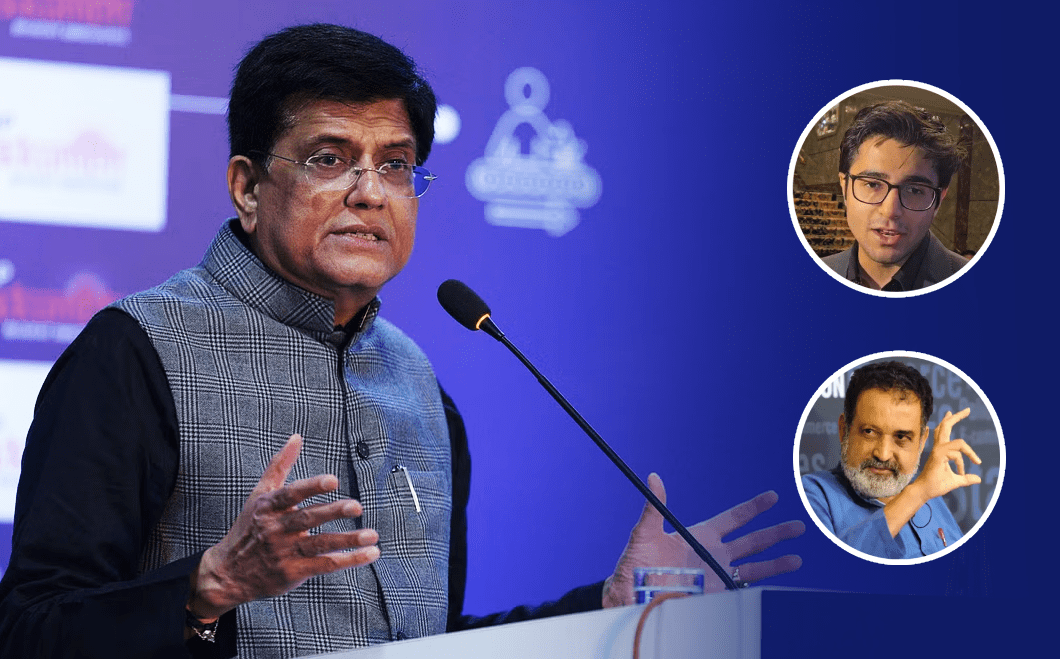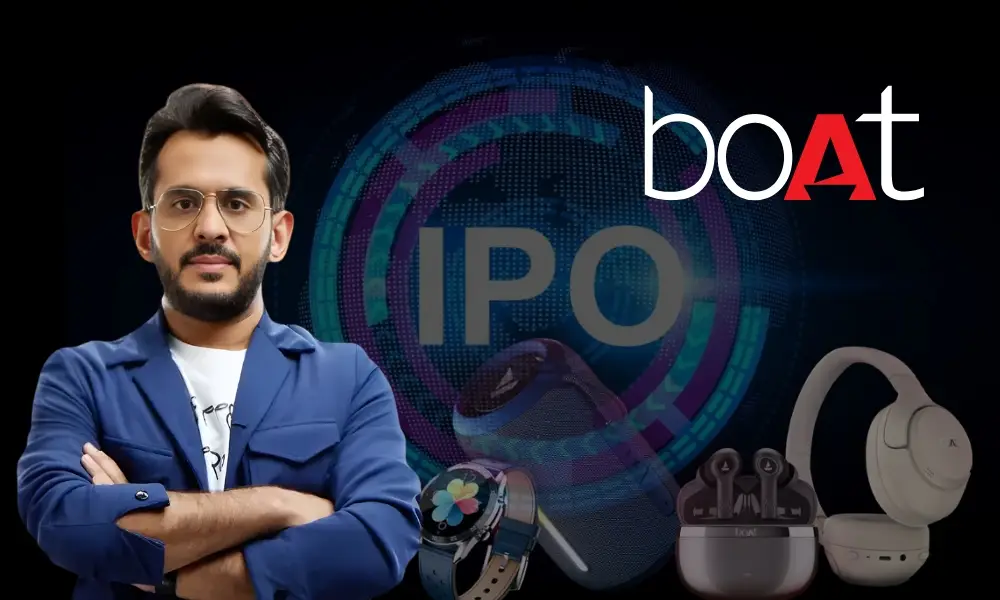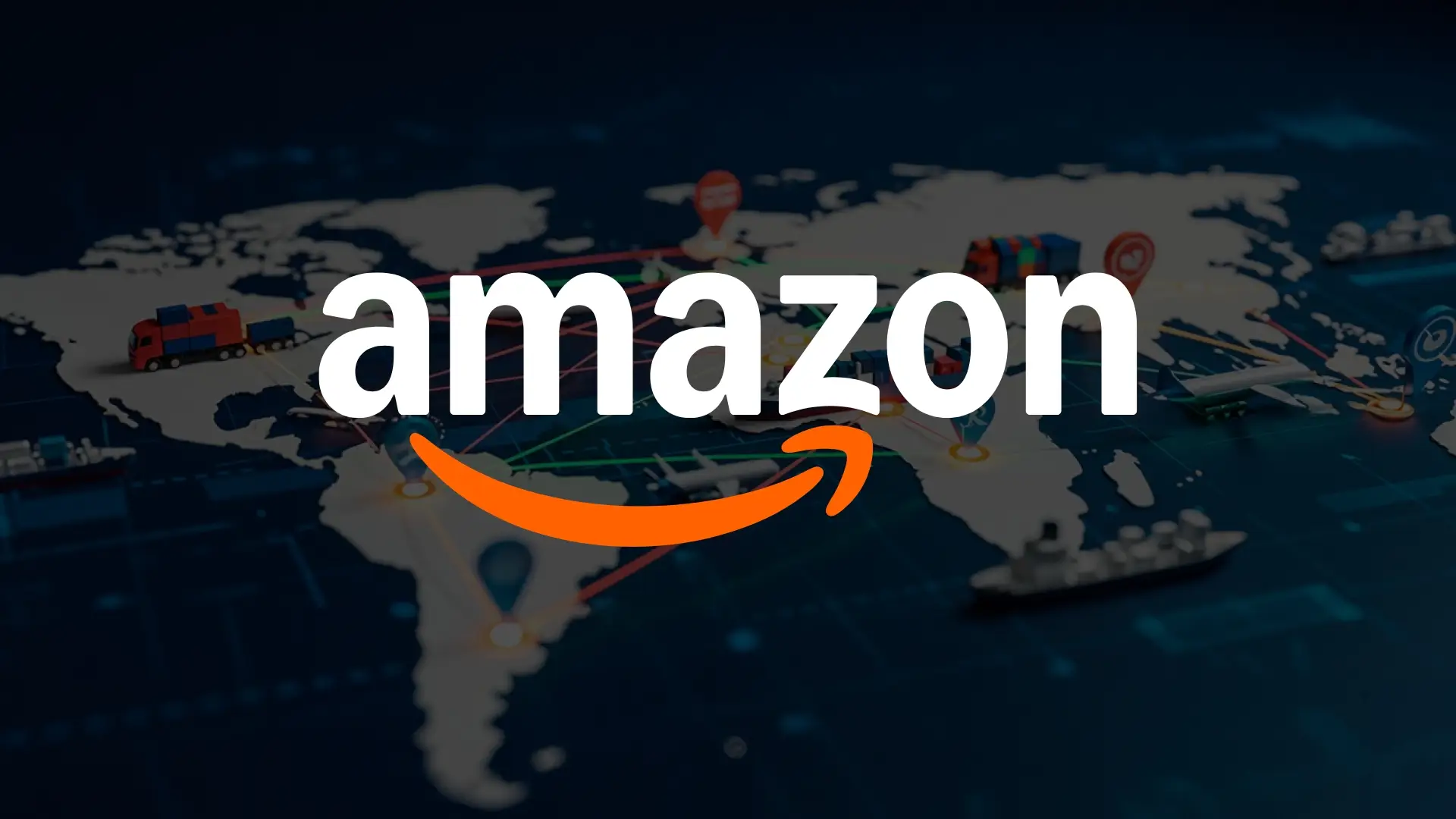At the recent Startup Mahakumbh 2025, Union Commerce Minister Piyush Goyal stirred up controversy with his remarks on the Indian startup ecosystem. Questioning the overwhelming focus on food delivery and instant commerce, he asked, “Are we going to be happy being delivery boys and girls?” He contrasted India’s startup scene with China’s advancements in AI, electric vehicles, and semiconductors. He suggested that Indian entrepreneurs should aim for more high-impact innovation. This underscores the ongoing debate of India vs China tech advancements.
His comments sparked a wave of responses from startup founders and industry veterans, with Zepto co-founder Aadit Palicha leading the charge. Defending the role of consumer internet companies, Palicha pointed out that Zepto alone has created over 1.5 lakh jobs. He emphasized that Zepto has contributed more than ₹1,000 crore in taxes. He argued that dismissing companies like Zepto ignores a crucial fact. Global tech giants Amazon, Google, and Facebook also started as consumer-driven businesses before evolving into AI and deep-tech leaders. This is an important point in the saga of India and China tech advancements.
Infosys veteran Mohandas Pai also pushed back against Goyal’s remarks, questioning what the government itself has done to help deep-tech startups grow in India. While acknowledging that deep-tech ventures do exist in the country, Pai pointed out that a lack of capital and policy support has kept them from scaling effectively. This financial aspect is crucial in the India vs China tech advancements debate.
The broader online community quickly weighed in. Many noted that the success of AI and advanced technology in the US and China was built on the foundation of large consumer internet companies. For example, Amazon in e-commerce, Alibaba in retail, and Facebook in social networking. This further fuels the India versus China discussion on tech advancements. Without a thriving consumer market and strong digital infrastructure, innovation cannot happen in isolation.
There’s no doubt that India needs to strengthen its deep-tech sector, but ignoring the role of consumer startups is shortsighted. The success of companies like Zepto, Swiggy, and Flipkart is not just about convenience. It’s about creating jobs, infrastructure, and financial momentum that can eventually fuel larger technological breakthroughs. Rather than dismissing these businesses, the focus should be on building a balanced ecosystem where consumer tech and deep-tech innovations grow together. The balance between consumer and deep-tech is a crucial aspect of the India vs China tech advancements debate. That’s how economies evolve, and that’s the real path to global leadership.








